- 翰林提供学术活动、国际课程、科研项目一站式留学背景提升服务!
- 400 888 0080
Inaugural ACMIBS Workshop “IB MYP & DP Challenges & Innovations”
On December 1st, Association of Chinese and Mongolian IB schools (ACMIBS) held a workshop withthe theme of “IB MYP & DP Challenges & Innovations” atUWC Changshu China, a key member of the association. More than 70 educators from 21 schools in Hong Kong, Taiwan, Tianjin, Qingdao, Chengdu, Hohhot, Shanghai, and Jiangsu, Zhejiang Provinces, gathered to discuss leading innovations and challenges in IB MYP and DP.
Group photo of the Workshop
Mr. Mark Wang, Founder & Chairman of UWC Changshu China delivered welcoming remarks. Mr. Pelham Lindfield Roberts, Principal of UWC Changshu China, shared the education philosophy and an overview of UWC Changshu China.
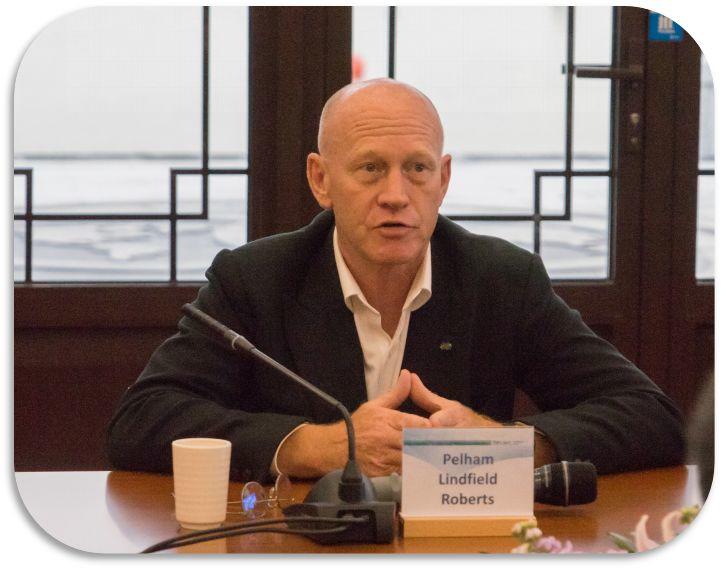
Mr. Pelham Lindfield Roberts shared an overview of UWC Changshu China
Dr. Malcom Pritchard, Chairman of ACMIBS and Head of School, The Independent Schools Foundation Academy (ISF) introduced the goals and responsibilities of ACMIBS. He also shared the current status of IB schools in Asia-Pacific area as well as the latest updates concerning IB trends and developments. Mr. Kevin Hoye, IB DP Coordinator of ISF, described the role of the IBWS manager and how schools might get more support and resources from the IBO.
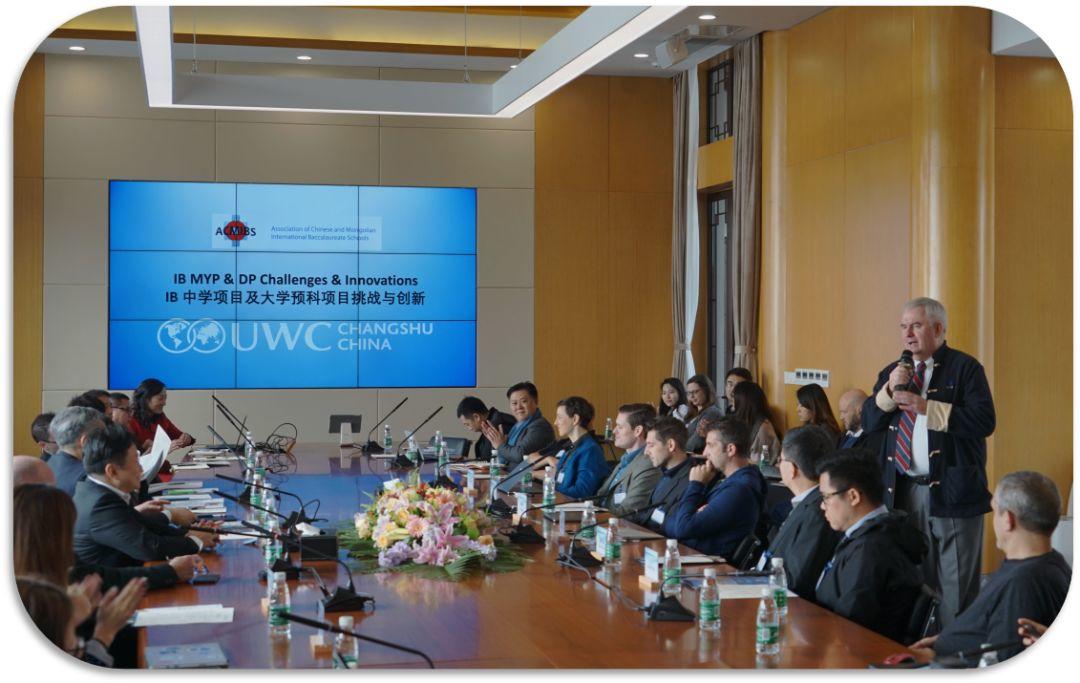
Dr. Malcom Pritchard introduced ACMIBS
Following the opening session, attendees participated in parallel workshops based on their backgrounds and interests. The workshop on Approaching TOK from a Bilingual and Bicultural Perspectivewas facilitated by Mr. Kevin Hoye and Ms. Emily Osann, both from ISF. Participants were required to think about “what is knowledge ” by using English as a common language and by using their own languages and cultural backgrounds respectively and reflectively. It made the participants understand the meaning and advantagesof teaching TOK in bilingual languages.
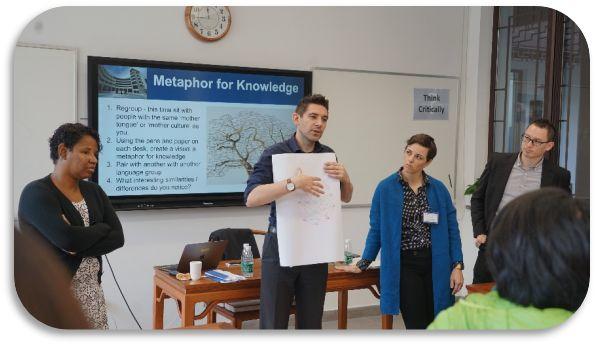
Mr. Kevin Hoye and Ms. Emily Osann facilitated the workshop
In the workshop on eAssessment in the IB: current practices and future challenges, Mr. Alan Johns, IB MYP Coordinator at ISF, led a discussion on the mechanism and characteristics of MYP eAssessment and how these compare with other assessment models. Participants had the opportunity to attempt some eAssessment questions themselves, and to discuss the opportunities and challenges associated with this type of assessment in the future.
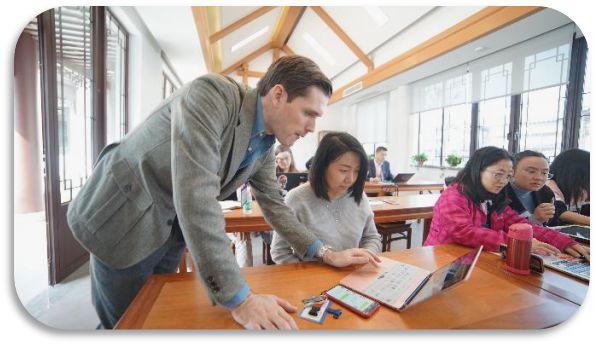
Mr. Alan Johns interacted with participants
During the Chinese language education workshop, Dr. Kehong Zhang from Chinese International School shared his reflections on the challenges of teaching Chinese Language B. He canvassed issues such as: the kind of students who should learn Chinese Language B; whether the gap between Chinese Language A and B is too great; and how to define the value of learning Chinese Language A. This session was followed by a presentation from Mr. Wesley Zheng, Chinese teacher of UWC Changshu China. He summarized his experience in teaching Chinese to beginner-level foreign students using a “Character-based teaching method”. Taking a single character, he showed how to make words based on the meaning of the character, how to make sentences by using these words, and to make articles by using the sentences. He combined theory with practice and explored a new feasible way to teach Chinese as a foreign language.
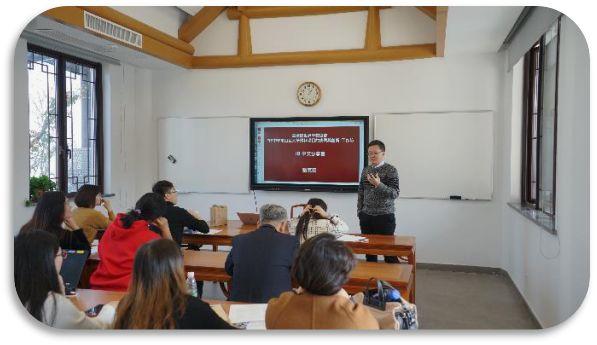
Dr. Kehong Zhang shared his reflections on thechallenges ofteaching Chinese Language B
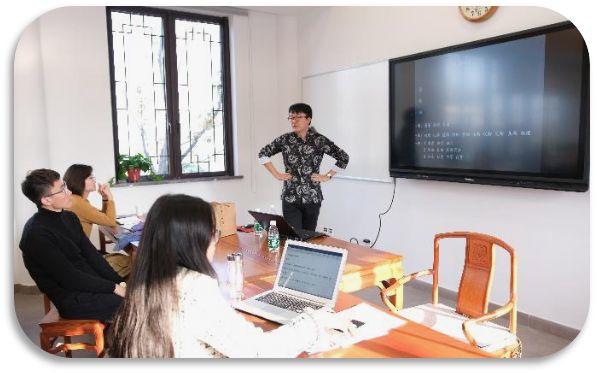
Mr. Wesley Zheng introduced Character-based teaching method
The Innovation and Technology workshop was led by Mr. Frederic Nevers, Head of Design at ISF, and Mr. Derek Chiu, Technology Coach at I-Shou International School. Mr. Nevers talked about the logic, model and process of managing innovation and new technologies in IB programmes. Mr. Chiu shared his personal experience as a technology coach to collaborate with teachers to enhance the quality and effectiveness of their teaching.
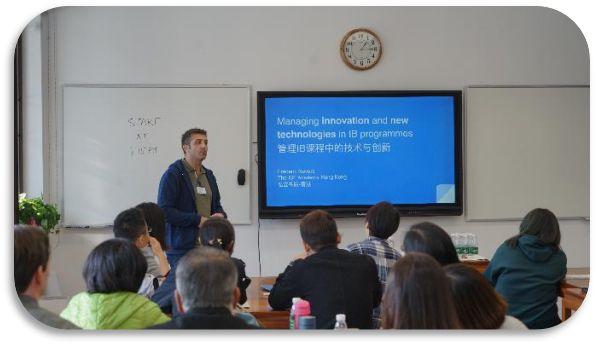
Mr. Frediric Nevers talked about managing innovation and new technologies in IB programmes
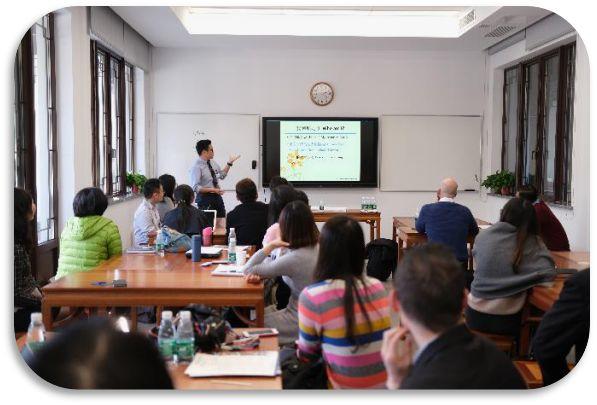
Mr. Derek Chiu shared his personal experience of being a technology coach
Ms. Shirla Sum, Deputy Dean of Studies and Director of Yushan Academy Center for Design and Innovation, UWC Changshu China, introduced design innovation education in UWC, such as how to develop “Design for Change” mindset through both academic and extra-curriculum programmes and encourage students to learn by doing. She also shared UWC’s practice in creating innovative Foundation Programme for Grade 10, which is in line with UWC values and supports students to be prepared for DP as well as for their entire life.
Before the end of the workshop, Dr. Pritchard summarized the activitiesduring the dayand invited participants to offer feedback and share their key learnings.
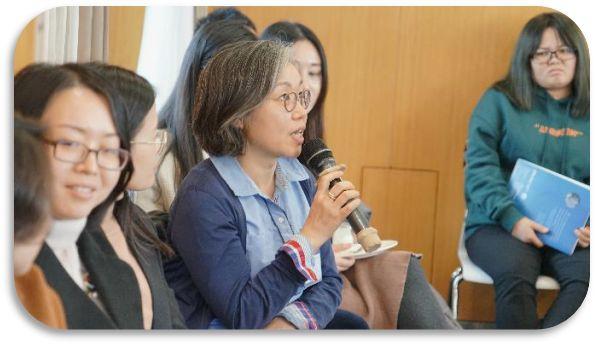
Participants sharedfeedback
Mr. Mark Wang, shared his views on ACMIBS’ development plan, which includes continuously providing supports to IB schools and IB candidate schools in the region, promoting interaction with IBO, ensuring the policy and guidance from IBO are accurately interpreted and communicated, as well as sharing best practicesand helping IB teachers to get more professional training and development.
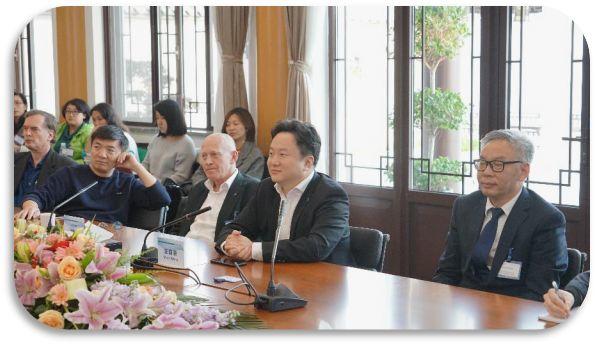
Mr. Mark Wang sharedhis views on ACMIBS’ developmentplan
With the continuous efforts of ACMIBS, we are looking forward to bringing the IB programmes and its education philosophy to the next stage in greaterChina and Mongolia area!
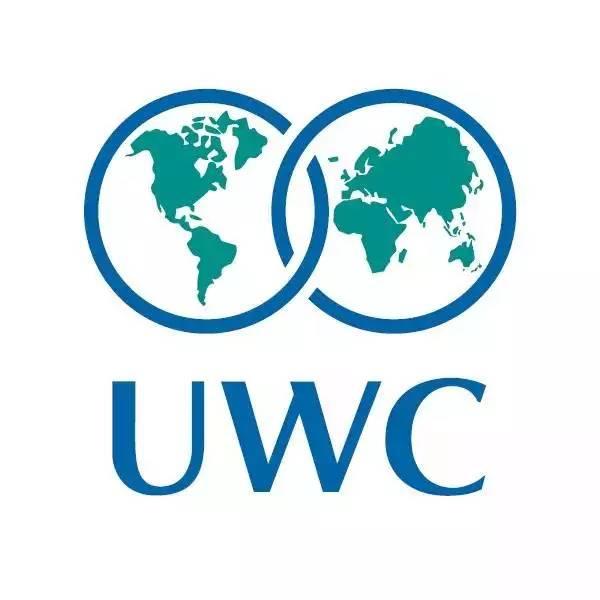
United World Colleges
United World Colleges (UWC) is a unique global educational movement, with outstanding students selected from over 150 countries and regions. Founded in 1962, UWC makes education a force to unite peoples, nations and cultures for peace and a sustainable future. At UWC, students with different cultural and socio-economic backgrounds live and study together and experience a transformative education that prepares students to become future leaders with a global perspective and dedication to social services.
UWC Changshu China offers two-year IB Diploma Programme and one-year Foundation Programme.
Contact Us
www.uwcchina.org
info@uwcchina.org
+86 0512-52982500
—————————————————
Wechat:unitedworldcollege

最新发布
© 2025. All Rights Reserved. 沪ICP备2023009024号-1









